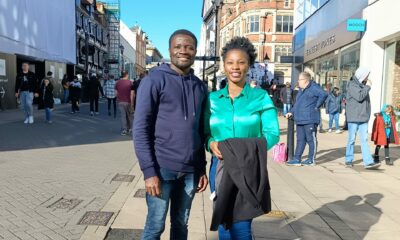Features
How a Lagos Nwa Boi Became a Finance Officer in the UK
Written by Collins Okeke.
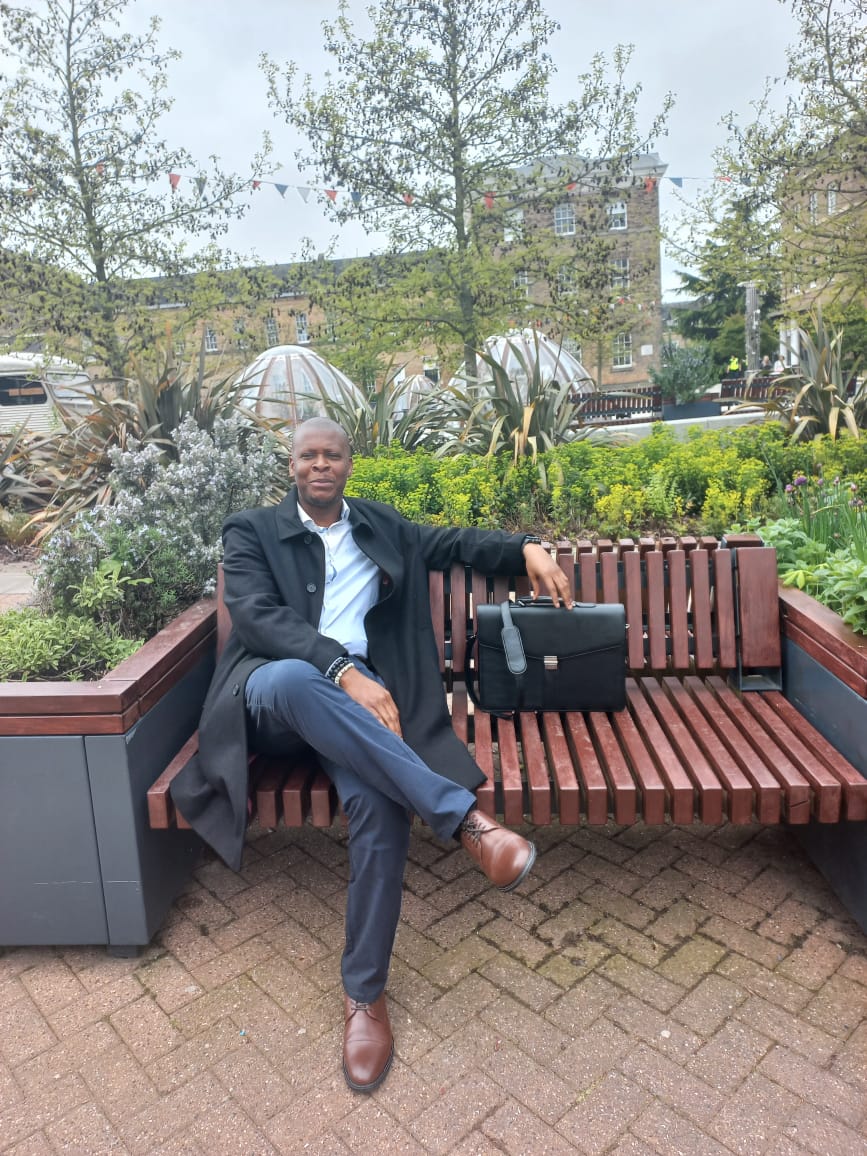
I never imagined that the boy who once scrubbed cars at 4 a.m., hustled for customers at Balogun Business Association Tradefair Market, and endured hunger in a cramped two-room face-me-I-face apartment in Lagos, would one day manage multi-million-pound grants as a Finance Officer in the United Kingdom.
I was born and bred in the slum. 64, Okito Street, Ifelodun Ajegunle. We later moved to another slight upgrade from Ajegunle, Ajangbadi, in a face-me-I-face-you apartment with my parents and five siblings. It was a period of survival. Sometimes we had one meal a day. Other days, we begged neighbours for rice and palm oil to keep the body and soul together.
Despite poverty, my father was determined that all his children would at least finish secondary school. He sacrificed endlessly to pay our fees. But he also knew he could not fund everyone through university. He planned that three of his sons would enter the Igbo apprenticeship system, known as Nwa Boi. From their savings, they would help sponsor our sister and youngest sibling through higher education.
I was the second son, and on October 5, 2005, at age 16, after writing my last WAEC paper, I began my apprenticeship. My elder brother had started a year earlier. That night, when my father told me the decision, I cried. I feared I would never see my family again because Nwa Boi protocol limited contact with home to avoid suspicion of stealing from one’s master. My life, I knew, was about to change forever.
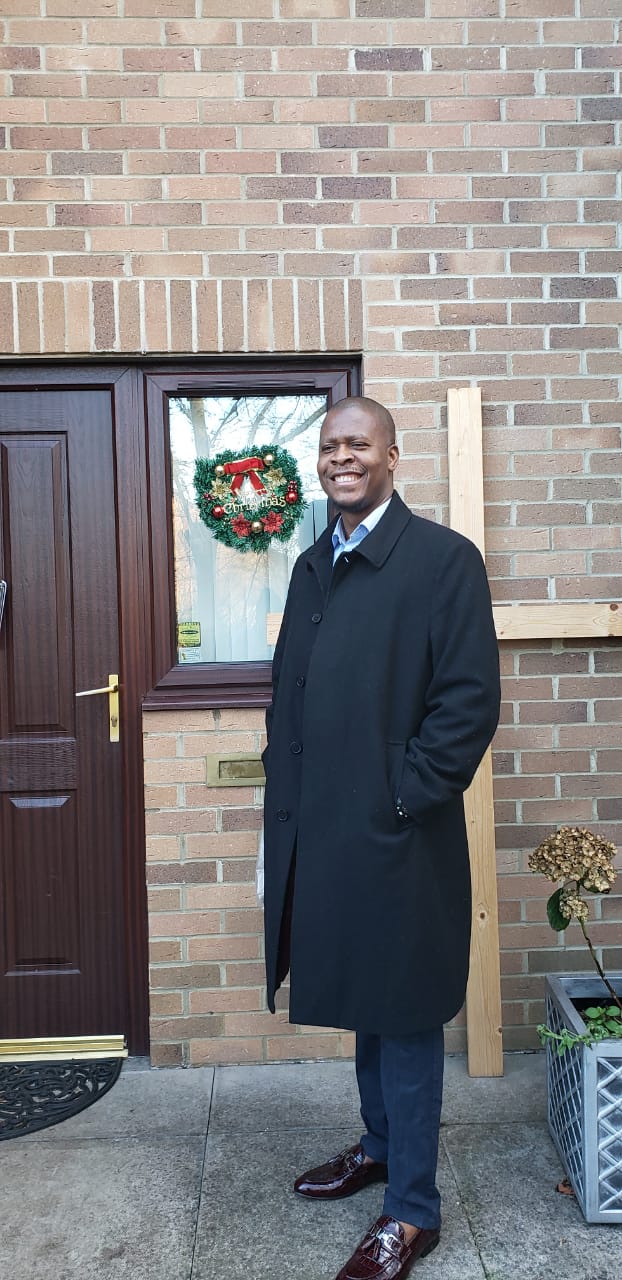
The Apprenticeship Years
Trade fair was its own universe. Apprentices woke before dawn, washed their oga’s cars, and rushed to the market to clean shops before opening. Hustle defined every day: calling out to customers, haggling over prices, running errands, collecting debts and closing late.
I was fortunate to have a good boss. He was strict, but not wicked. But the apprenticeship was still harsh. I learned quickly that you never questioned your oga. Once, I asked him which of his three cars he planned to use the next day so I could wash only one. The slap I received taught me my first lesson: An apprentice must never presume.
Yet, despite the struggle, I was a bookworm. From childhood, I devoured novels. By age 11, I had finished Tom Clancy’s Red Storm Rising, a 500-page book. By 14, I had read almost all Achebe, Grisham, Sheldon, Ludlum, and more. My father brought home old newspapers from Alaba International Market, and I consumed them line by line, analysing local and international news. Books showed me a wider world beyond trade fair, and that hunger never left me.
A Turning Point
As I worked side by side with other apprentices, I noticed they were content with the cycle: Serve their master, get settled with money, open their own shops, make profits, build houses in Lagos and the village, and repeat. I asked myself, Is this all there is?
My closest friend at the trade fair, who, like me, had finished secondary school, decided to leave. He saved money, wrote the Unified Tertiary Matriculation Examination, and gained admission to study Mathematics at the University of Benin. His departure left me inspired and sad at the same time. If he could take that leap, why not me?
My breaking point came in 2009, four years into my apprenticeship. Unknown to my oga, I had been saving part of the small commissions I earned helping customers find goods across shops. I managed to save ₦38,000. But word got out, and my oga confronted me. In the Nwa Boi protocol, apprentices were forbidden from keeping personal money, lest they be accused of stealing.
A tense family meeting followed. My oga demanded I forfeit the money or risk losing my settlement entirely. My family urged me to submit, but I refused. I knew trading was not my destiny. My oga cut my settlement from the expected ₦2 million to ₦250,000. It was a crushing blow, but also my freedom. I walked away from the trade fair with little cash but a burning desire to start anew.
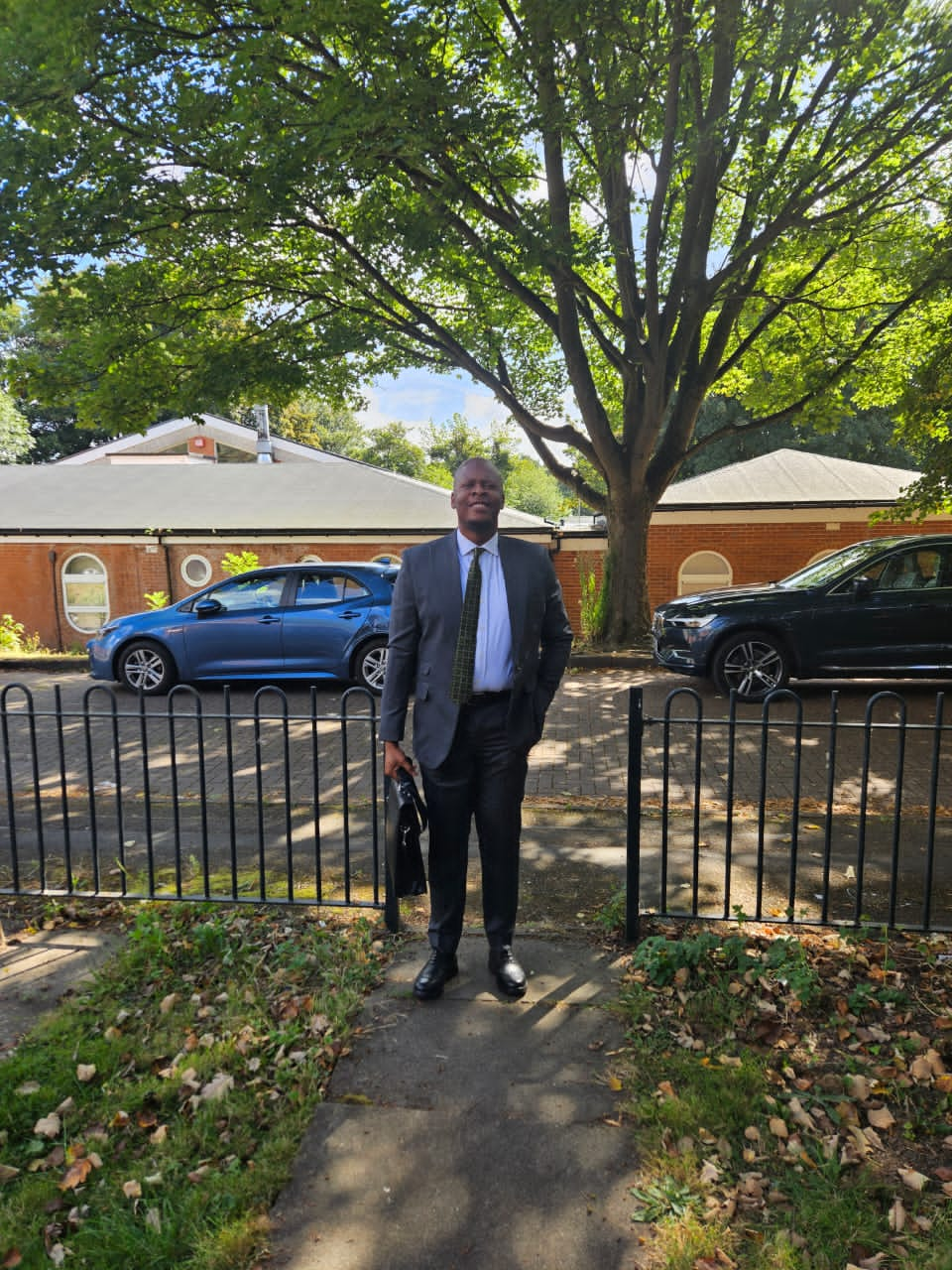
I registered for GCE, rewrote my O’Levels, and wrote the Unified Tertiary Matriculation Examination. I passed and gained admission to study International Relations at Obafemi Awolowo University (OAU). Seeing my name as number four on the admission list was like winning a lottery.
OAU was a revelation. I poured myself into study and thrived. I graduated in 2015 as the 5th-best student in a class of 120, with a CGPA of 3.94/5.0. My dream was to join the foreign service and represent Nigeria as a diplomat. I believed the future was secure.
But reality was different. Nigeria’s job market was merciless. Age limits disqualified me from many graduate trainee programs. Applications to the Ministry of Foreign Affairs and other institutions brought no offers.
Struggles in Nigeria
When I moved back to Ajangbadi, I faced ridicule. Relatives mocked me: “If you had stayed at the trade fair, you would be rich by now.” My youth service at the National Assembly did not translate into a permanent role—without connections, retention was impossible.
By 2018, after endless rejections, I landed a ₦40,000 job in an insurance company. It felt like relief, even though the pay was meagre. Slowly, I rose to a ₦75,000 salary, with commissions bringing it closer to ₦150,000. It wasn’t bad, but it wasn’t the dream.
Then Covid-19 struck in 2020. The lockdowns froze the economy but also opened global opportunities. My best friend from the trade fair, now a successful professional, moved to the UK. Watching him succeed stirred my old hunger for something more.
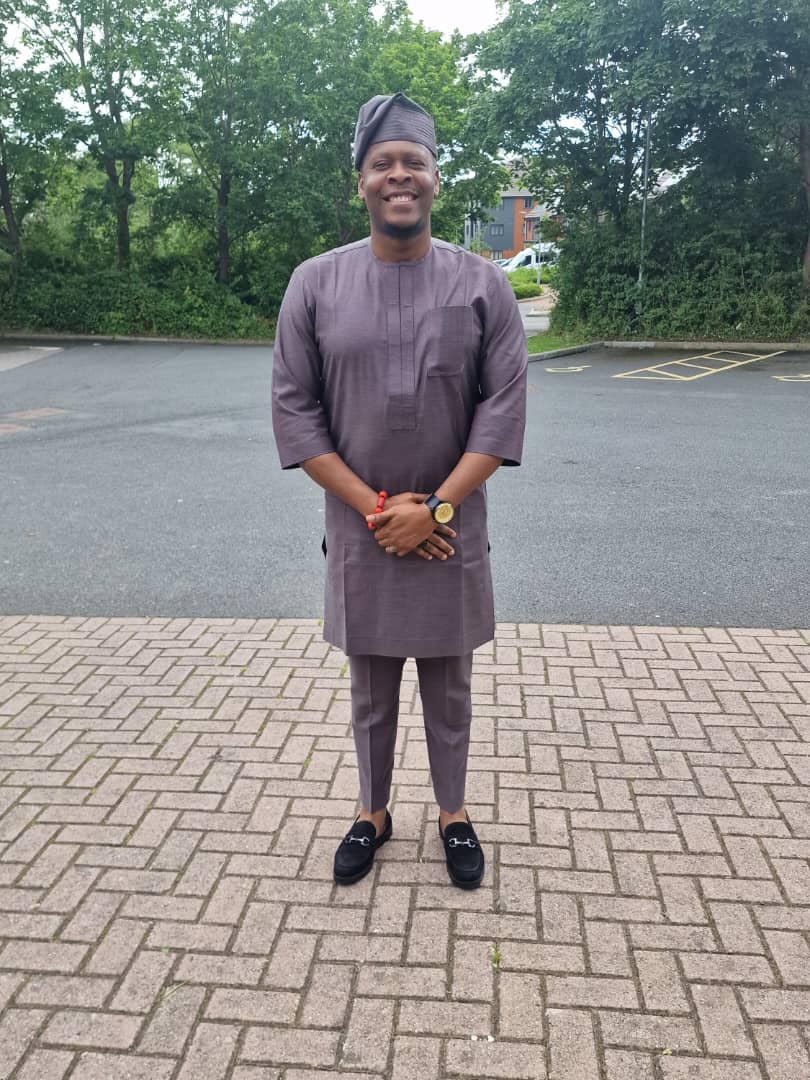
The Leap Abroad
In September 2021, I met the woman who is now my wife. She worked in telecommunications and also dreamed of leaving Nigeria. Together, we made a pact: we would save, we would plan, and we would leave. With support from my elder brother and a mentor who lent us ₦10 million, we pursued our plan. We married in August 2022. By October, we boarded a Qatar Airways flight bound for the UK.
Starting over was humbling. I worked 10-hour shifts in an Amazon warehouse through the brutal winter. Friends urged me to switch into care work for quick sponsorship. I refused. I reminded my wife that we had not crossed oceans to trade ambition for survival. My ancestors had endured slavery; I would not willingly chain myself to the menial labour “of washing Whiteman’s ass and documenting his faeces” for five years because of ILR.
Instead, I enrolled for the UK Association of Accounting Technicians (AAT) qualification. Passing Level 2 opened my first finance role at the University of Leicester. Completing Level 3 moved me to the London School of Economics.
Now, nearing completion of Level 4, I manage a £16 million grant as a Finance Officer in a respected UK institution. From washing cars at 4 a.m. and doing an apprenticeship in a trade fair to signing off on budgets in the UK, the journey has been improbable, but real.
The Igbo say: Onye kwe, Chi ya ekwe, if you will it, your spirit will agree. My life has been proof of that. At each stage, conviction carried me. Conviction to walk away from my oga when it meant forfeiting millions. Conviction to return to school when others said it was too late. Conviction to endure ridicule in Nigeria rather than settle. Conviction to upskill in the UK rather than take shortcuts.
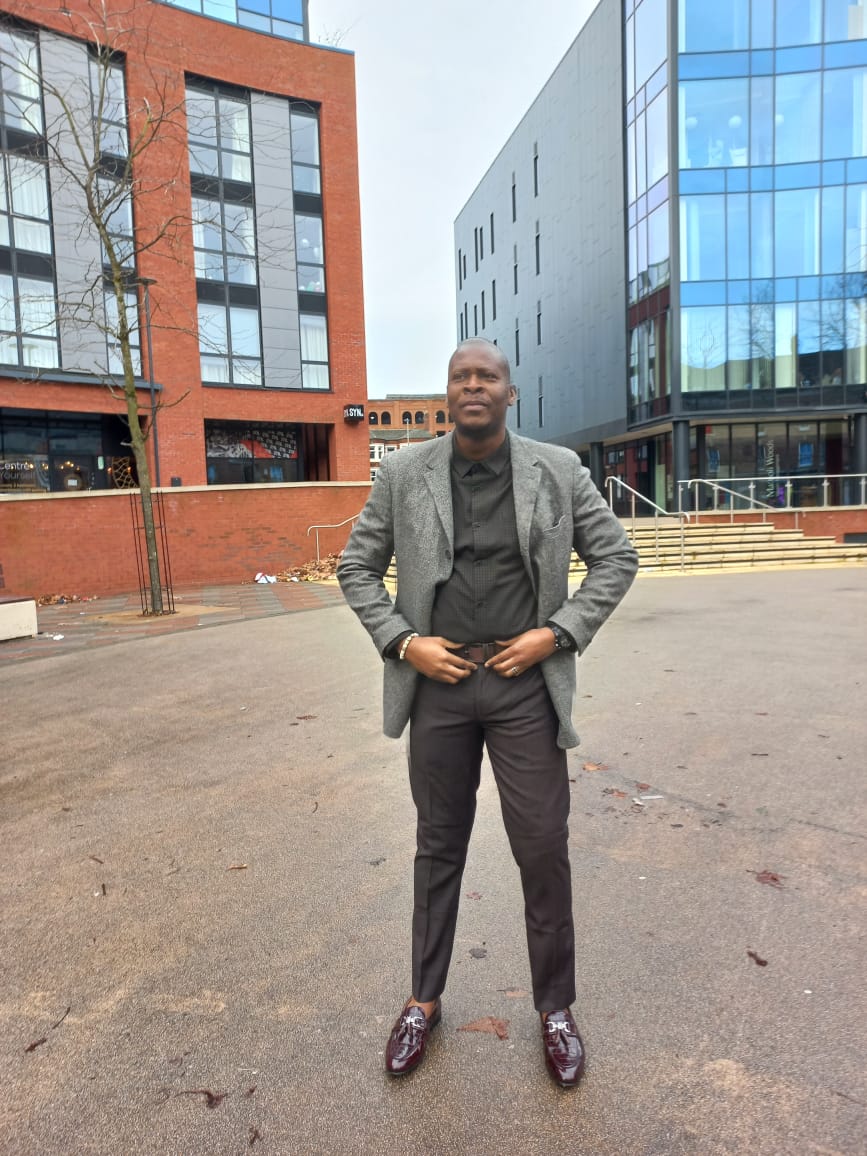
Even if it had not worked out, I would still prefer this road—the road of faith and pursuit—than to live with regret about “the road not taken.”
I am grateful to God, whose grace preserved me. To my wife, whose courage matched mine. To my elder brother, who supported us financially. To mentors and friends who stood by us, including the one who lent us ₦10 million to begin our UK journey. To my closest friends, like Wisdom Obi-Dickson, with whom I wrote JAMB years ago and we became lifelong friends, and who welcomed me when I arrived in the UK. To all those who played a role—big or small—in my story.
If you are starting small—whether in a trade fair, Alaba, or any corner of Nigeria—remember that before you take the leap of faith, examine your convictions. If you lie to yourself, poverty will expose you. But if your passion aligns with action, if your conviction is real, then the universe will conspire to meet you halfway.
Do not despise small beginnings. Do not surrender your dreams to ridicule. Do not believe that your background must be your boundary. The boy from a two-room face-me-I-face apartment in Ajangbadi is today a Finance Officer in the UK. If it could happen for me, it can happen for you.






